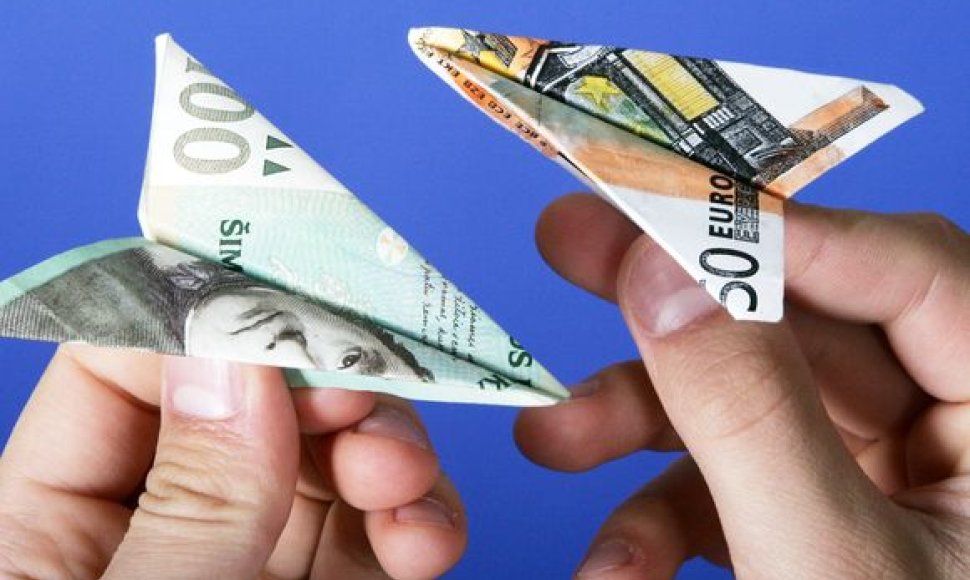“The consumer price index rose by 0.2 percent in January and the increase was smaller than expected. Electricity prices, which were raised on January 1, added 0.32 percentage points to inflation but this increase was almost fully offset by the winter sale of clothing and footwear,” he said in comments on Thursday.
The effects of an increase in diesel excise duty were wiped off by stronger euro and the resulting decline in oil import prices.
Mačiulis noted that the producer price index, driven by the increase in diesel excise duty, electricity prices, and the minimum monthly wages, rose by 0.8 percent in January, which was the biggest jump since July 2011.
“The growth of factory gate prices will also be reflected in the consumer prices in the months ahead, so the growth of prices is likely to accelerate and will exceed 0.5 percent per month. The average annual inflation will fall below 3 percent in the near time yet it will stay above the Maastricht criterion, which will get closer to the 2.5 percent level,” the economist said.
Lithuania’s consumer prices edged up 0.2 percent in January from December, Statistics Lithuania reported on Thursday, adding that January gains followed three consecutive months of decline. The consumer prices rose by 2.6 percent last month from January 2012, and the average annual inflation rate was 3 percent, the office said.












